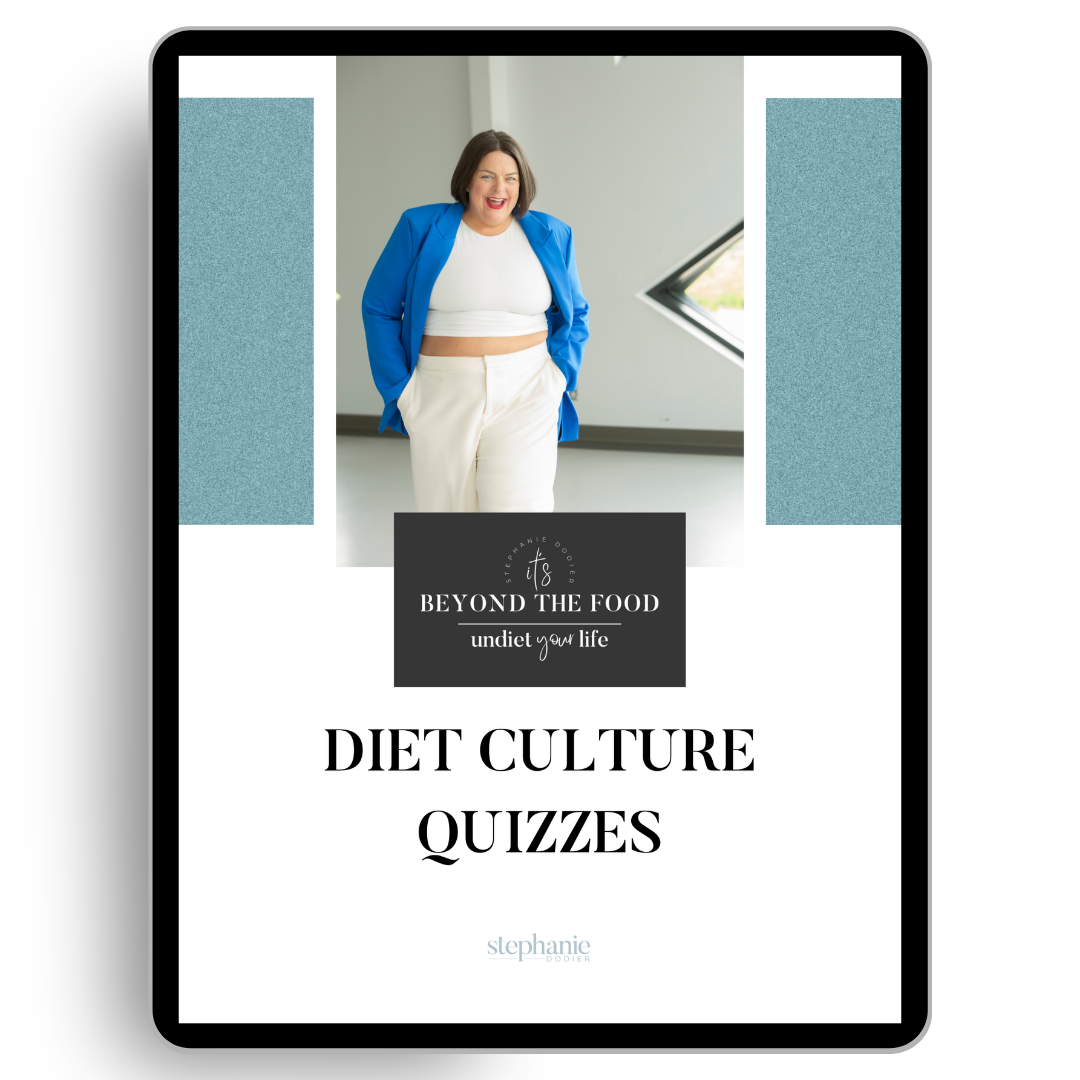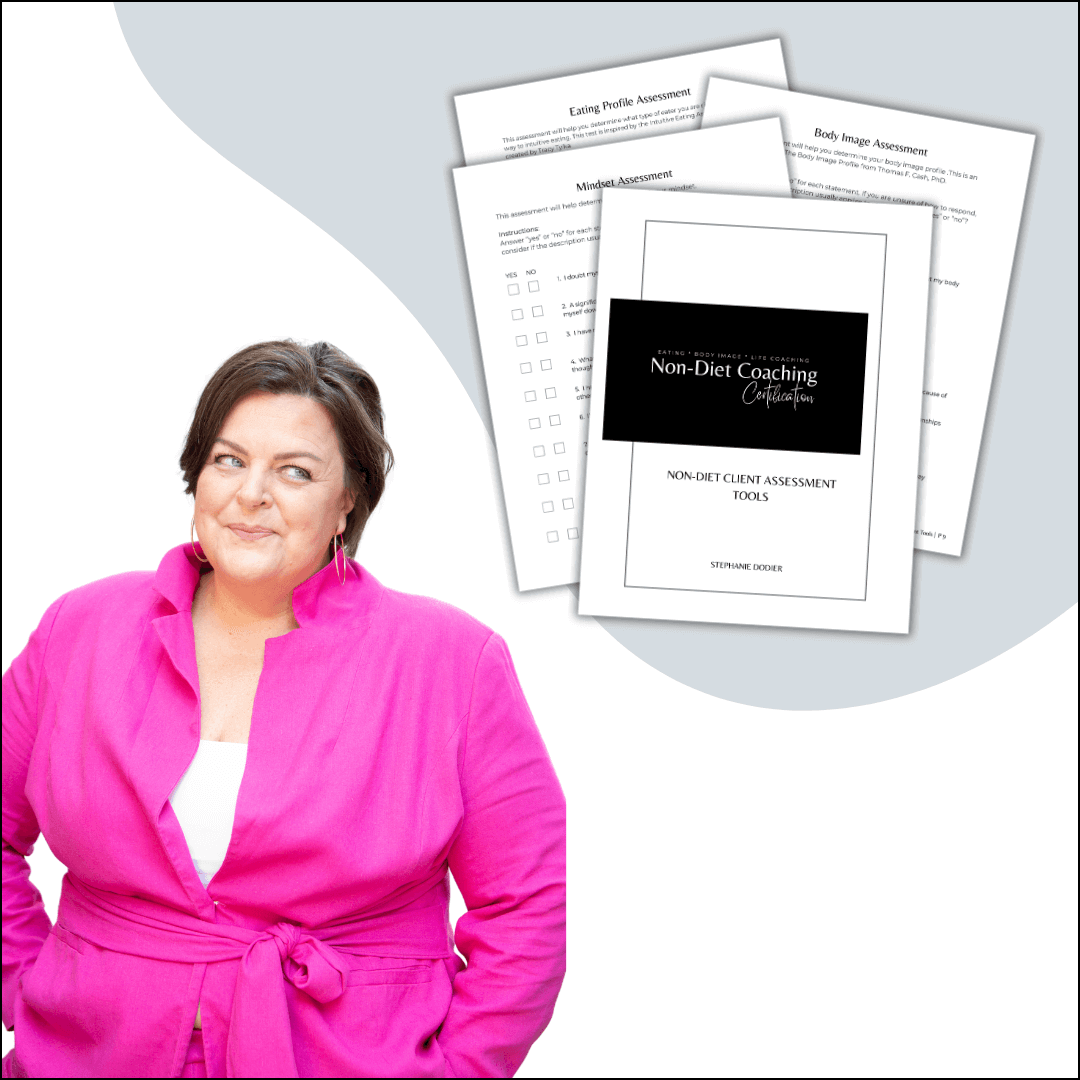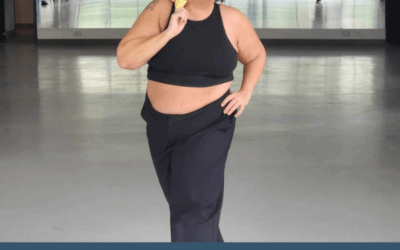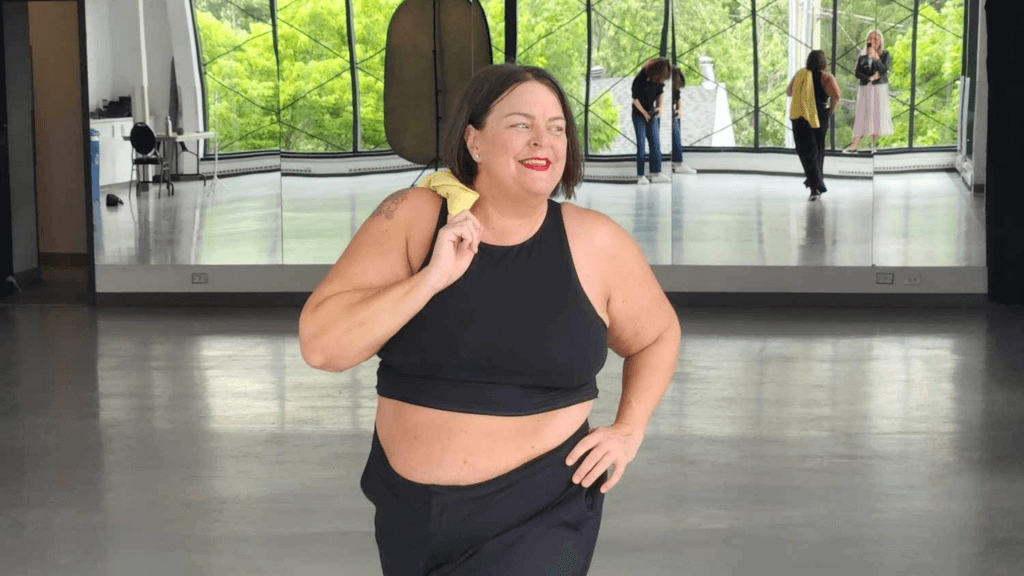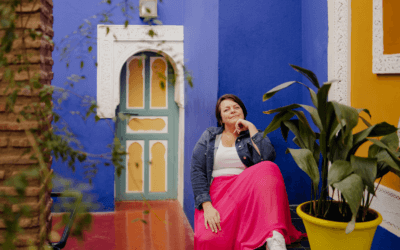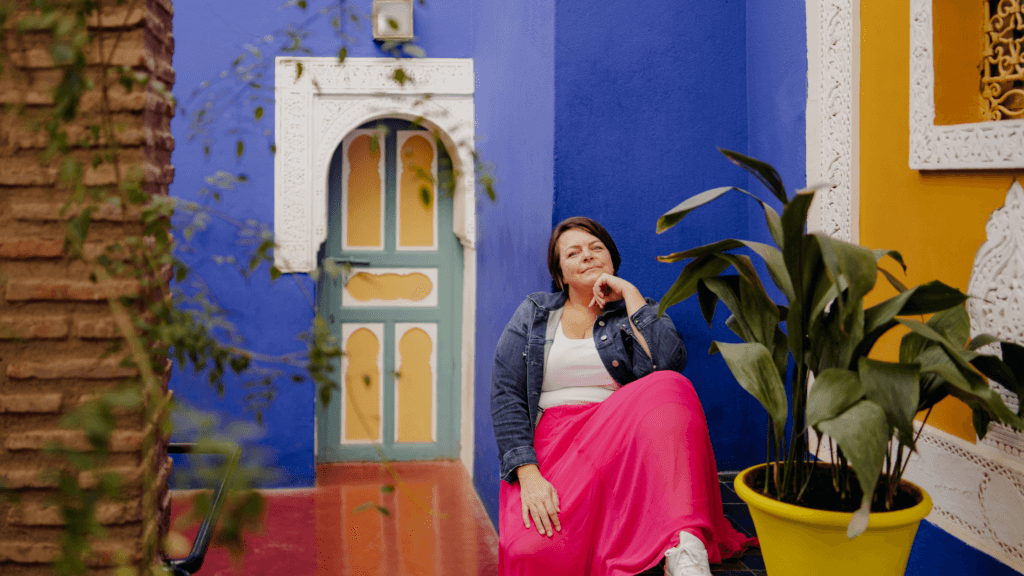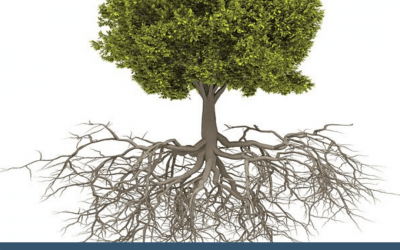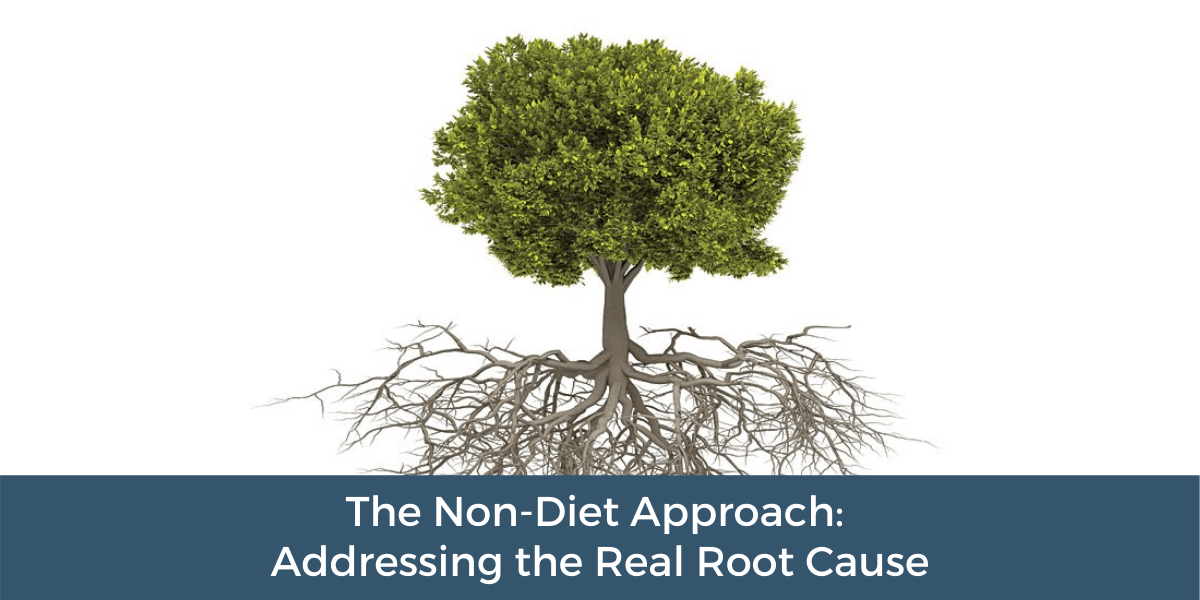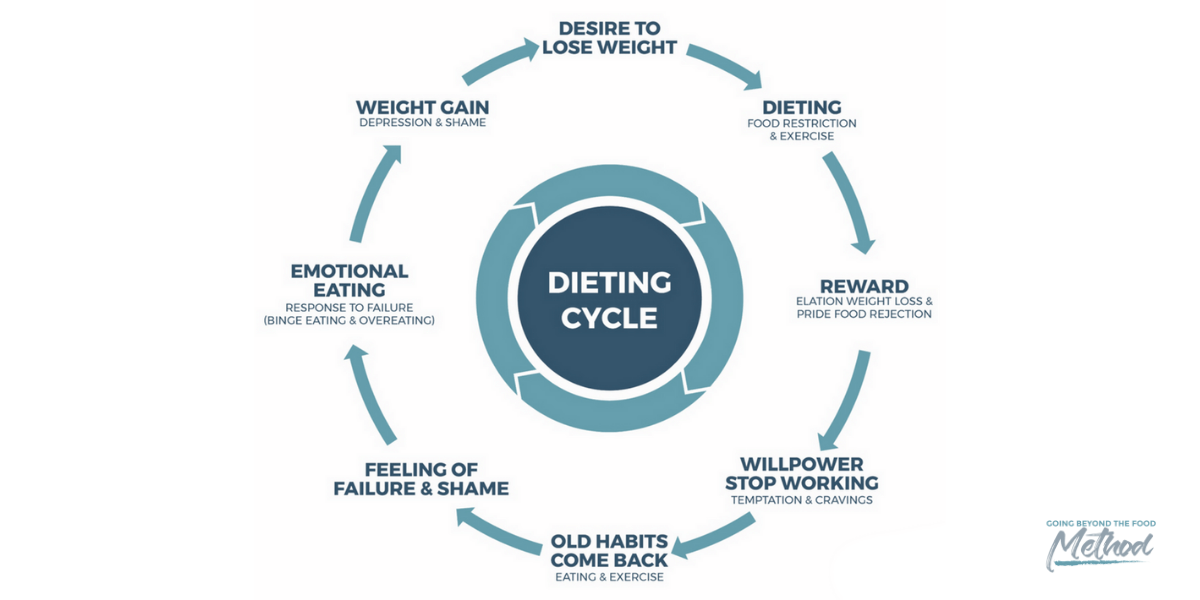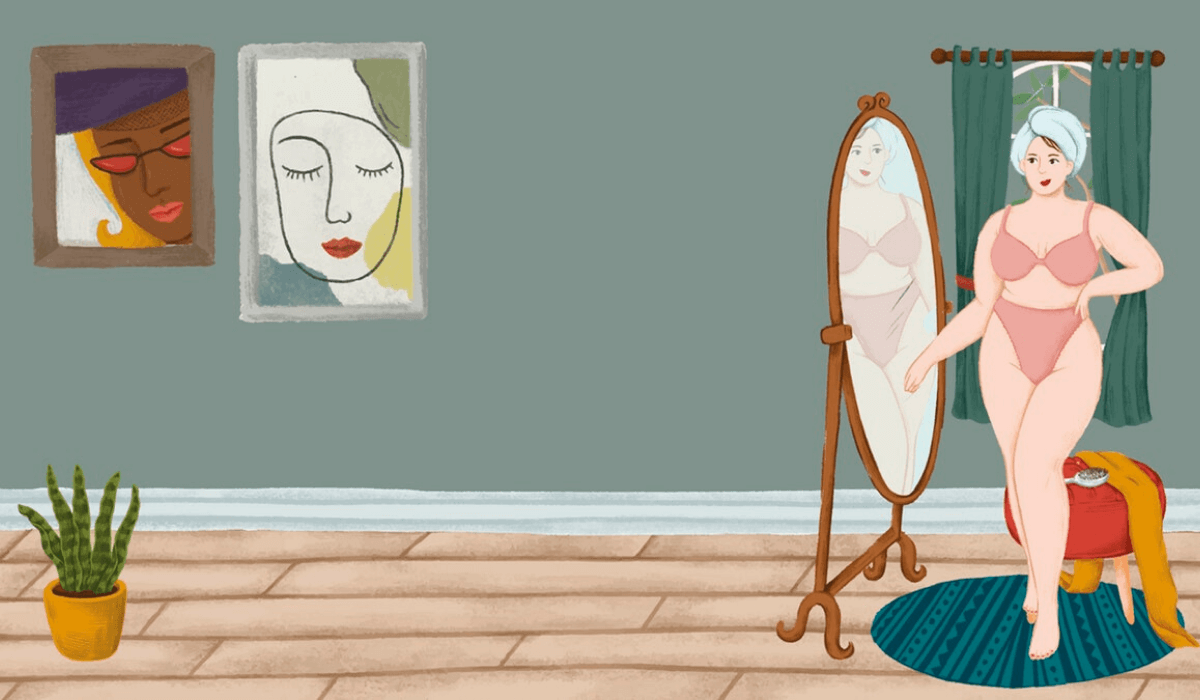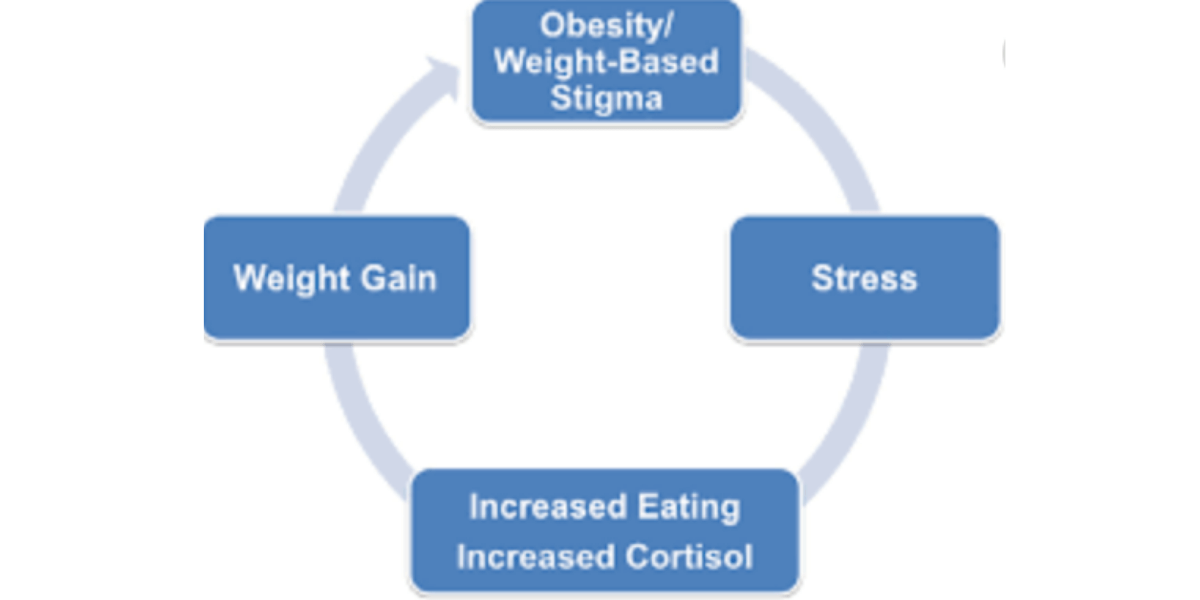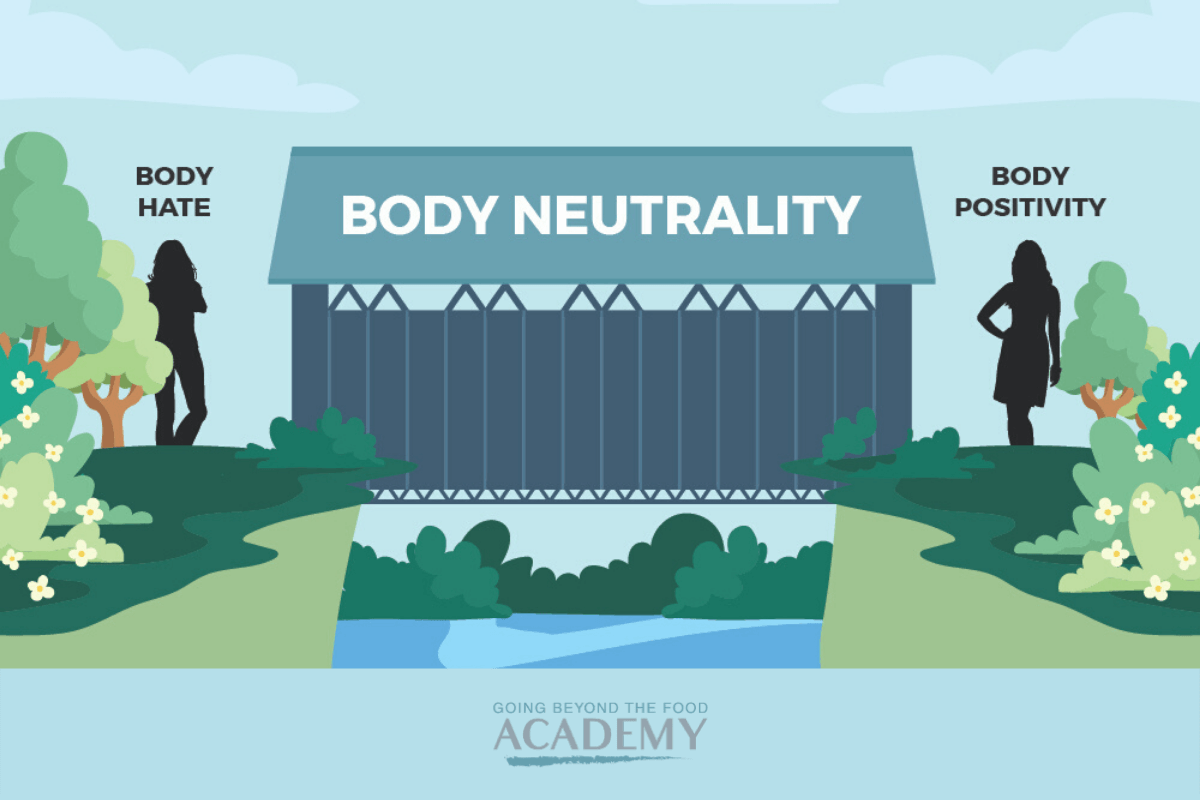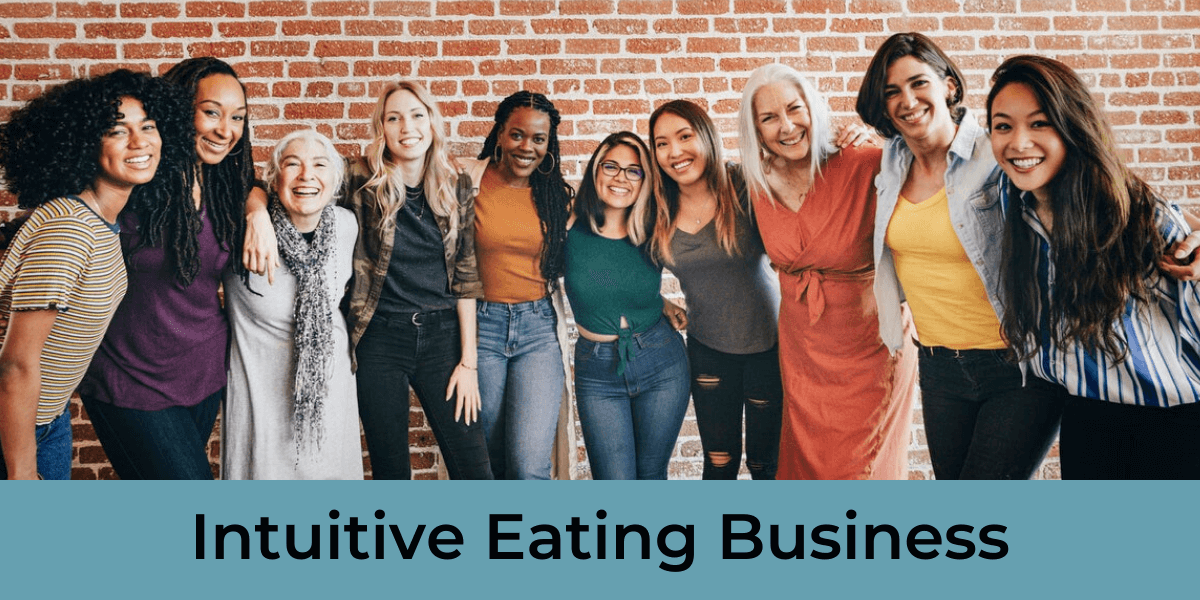Intuitive eating is proven and well-researched self-care eating framework that makes YOU the boss of YOU.
Intuitive eating is an evidence-based approach that empowers you on to be the expert of your own body.
It teaches us to have a healthy relationship to food empowering you to trust your ability to meet your needs, distinguish between physical and emotional hunger and ultimately develop body wisdom.
⠀⠀⠀⠀⠀⠀⠀⠀
Intuitive eating fuels our innate ability to trust our body and meet our own needs. That’s what makes it sustainable.⠀⠀⠀⠀⠀⠀⠀⠀⠀
⠀⠀⠀⠀⠀⠀⠀⠀⠀⠀
Intuitive eating allows us the space to respect our innate body wisdom.⠀⠀⠀⠀⠀⠀⠀⠀⠀
The outcome of intuitive eating?
When I began my journey into learning and practicing intuitive eating it felt like I was coming home… home to myself, my body and my health.⠀⠀⠀
I stopped fighting my body: pushing it, manipulating it and shaming it. I stopped stressing my body into diets and crazy restrictive “lifestyle” way of eating.
I relieve my mind from the constant negative self-talk that came along with believing something was wrong with me and the anxiety to never be satisfied with my journey.⠀⠀⠀⠀⠀⠀⠀⠀⠀
⠀⠀⠀⠀⠀⠀⠀
Intuitive eating offered me calm and peace in my mind and body.⠀⠀⠀⠀⠀⠀
My journey with intuitive eating
Intuitive Eating is about eating “junk food” all the time. That was my first reflection when I was introduced to Intuitive Eating years ago. I was seeking an option out of dieting (today I know I call it Diet Culture).
What I found online were women eating pizza, chips, bags of Oreos cookies and drinking Pepsi on a cheat day while ”flexible dieting”. That’s how Intuitive Eating was presented online back then.
I was repulsed by it and walked away from anything Intuitive Eating. I went back to Keto and fasting (what I now call Wellness Diet).
Then a few years later, feeling completely consumed by food, weight and out of control eating behaviours I knew I needed help. Someone suggested intuitive eating.
I reluctantly went back, this time I sought a professional perspective and entered in my life Evelyn Tribole and Elyse Resch and their research on intuitive eating.
Today I live and teach Intuitive Eating because it’s in full alignment with my personal values and my proprietary methodology Beyond The Food.
Intuitive Eating is eating beautiful salads like this one but also eating chocolate and chips when I desire too.
Intuitive Eating is about health.
Get started with intutive eating
If you’d like to explore Intuitive Eating and discover how it can help you make peace with food download our Get Started with Intuitive Eating.
This free (and highly detailed) cheat sheet will give you a 3 easy to follow step process to help you get started with intuitive eating right away (and give you a shot of confidence to stop dieting … perhaps 😀).


